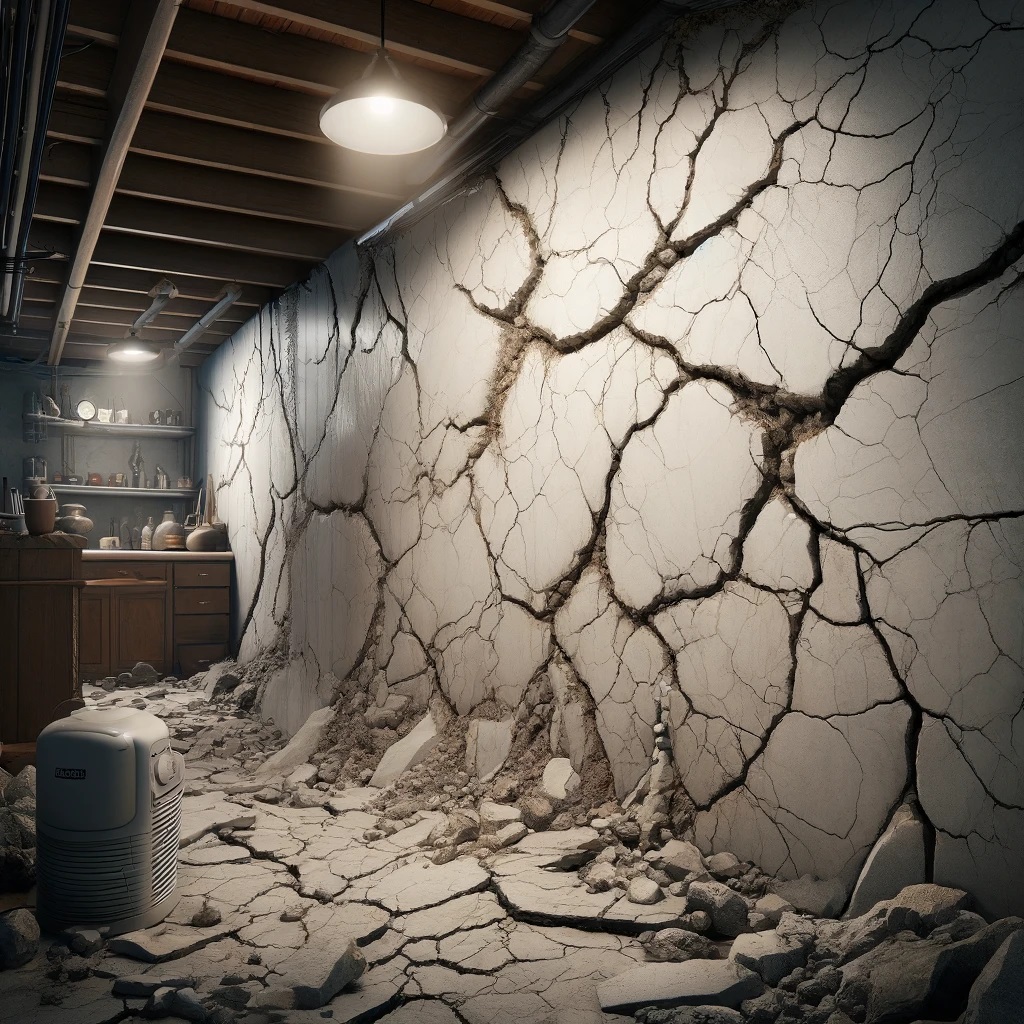Basement Flooding In Winter
Winter is always an uncomfortable time for homeowners. But things get worse because other than the cold and higher heating bills; there is always the problem of basement flooding in winter. A 2014 report in the New York Times shows that over the last 5 years more homes are being affected by this problem.
As a homeowner, it is imperative that you understand pertinent issues around this frustrating experience in order to get better prepared. Such knowledge not only protects your home’s foundation but also averts damage to your stored property. Here are some of these factors:
-
Flooding is More Likely in Winter
According to the United Homeowners Association (UHA), most homeowners call a contractor when it is already too late. To avoid this predicament, you need to understand that during this season there will be more precipitation on the surface due to rain and thawing snow during warmer days. This will increase lateral pressure against foundation walls and eventually this moisture finds its way into your basement.
-
Problems Leading to Basement Flooding
There are some homes that are more susceptible to winter flooding for some obvious reasons. If the foundation is already compromised; cracks appear and freely allow water to flow in. Other problems include sump pump failure, sewer backup, poor landscape grading, clogged downspouts, poor surface drainage and vegetation near the walls. All these increase pressure on the foundation.
-
What To Do Outside the House Before Winter
Well, prevention is better than cure they say, and in the case of basement flood in winter, this old wisdom aptly applies. You must call in a contractor to look at any structural weaknesses in your basement especially if there are seepage signs.
These cracks need to be repaired. In addition, clean eavestroughs and downspouts to ensure effective drainage. Other solutions include external waterproofing systems for the basement to reduce any chance of leakage. The grading must also be corrected in order to slope away from the walls.
-
What To Do Inside the House Before Winter
Your sump pump needs to be checked before winter. To avoid sewage backup, hire a contractor to install a backwater valve. Internal waterproofing should also include a drainage system which will drain into the sump pit to complement the French tile.
-
Get Adequate Insurance Coverage
To avoid nasty surprises, you need to call your insurer and confirm that indeed your home policy covers flooding. If not, go for extra coverage and you are in luck because there are federally backed insurance programs available.
Your home is a precious investment, but basement flooding in winter can make it inhabitable. Make sure you are ready; well, before the season starts.

Jeff’s passion for basement waterproofing can be traced back to his early days at Everdry Waterproofing. He spent significant time working in every department not only to learn and improve but to help those who worked with him advance both personally and professionally.
Jeff has worked in the Waterproofing industry for 35 years, gaining experience in marketing, sales, service, and installations. As a seasoned basement waterproofing professional, he is passionate about advancing his knowledge in waterproofing and developing his team. In addition to basement waterproofing, he is also a board member for a non profit that educates and protects consumers against unethical business practices. Outside of the office, Jeff enjoys travel, music, and time with his wife of 36 years and his two sons.
Curious about the brains behind the great content here? It’s me, Jeff Schleuning, with 35+ years of expertise in the basement waterproofing industry and a rich history of owning a Basement Waterproofing franchise in Michigan.
My journey has equipped my team and I with invaluable insights, enabling to craft content that resonates with the audience using industry-leading online tools. Incorporating tools like SEMRush, Google Keyword Planner, AI technologies like ChatGPT, Claude-2, Google Bard, and Grammarly, we ensure the content is not just engaging but also strategically aligned with market trends.







